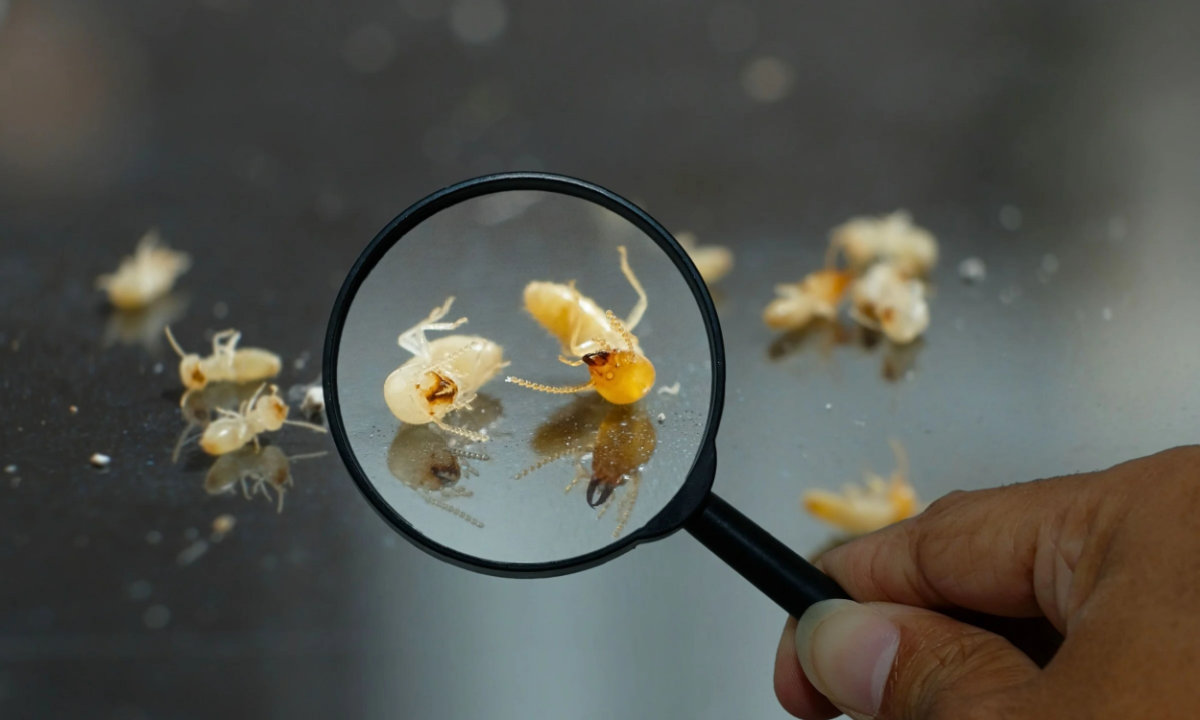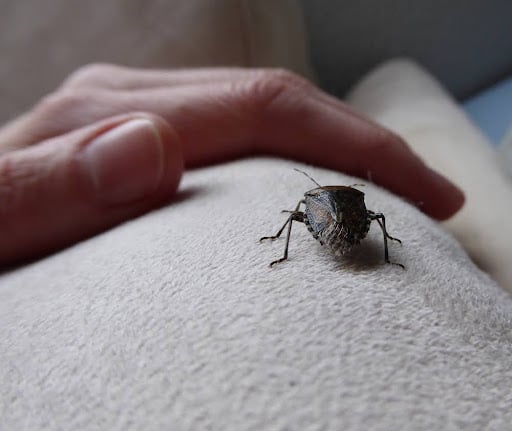Many car owners may not realize that their vehicle could become the preferred refuge for rats, squirrels, and other rodents. These critters are attracted to the warm, enclosed spaces of cars, particularly the engine compartment, as ideal spots to escape the outdoors. They also sometimes seek food sources in parked cars. Unfortunately, no matter why these little intruders have decided to hang out in your car, rodent damage can be dangerous and destructive. Mice, rats, and other rodents often chew on wires and other vehicle components, leading to significant issues.
At Anchor Pest Control, we know a thing or two about rodent control and removal, and trust us — you definitely don’t want to end up with these unwelcome guests. The necessity of safeguarding your car’s wiring from rodents extends beyond maintaining vehicle functionality and safety; it is also about avoiding unexpected and often substantial repair expenses. Damage caused by mice or rats chewing car wires typically remains hidden until it causes vehicle malfunctions, potentially leading to critical safety hazards while driving. Here’s what you need to know about how to keep mice out of your car!
Understanding the Threat
Common Rodents That Damage Car Wiring
Do squirrels chew wires? What about chipmunks? These and other questions might be running through your mind after you discover damaged wiring. Unfortunately, the answer is yes. While rats and mice are the usual suspects when it comes to rodent damage, car wiring can fall victim to squirrels, chipmunks, and even non-rodent animals such as raccoons, depending on where you live.
Why Rodents Like Chewing Your Car Wires
As mentioned before, the primary allure for rodents is the warmth and potential food sources that cars often provide. But why exactly do rodents chew car wiring in addition to tasty food scraps? It all comes down to their natural chewing instinct, which helps them keep their constantly growing teeth at a manageable length. Car wires, covered in soy-based insulation, are particularly appealing due to their texture and accessibility. Since car engines are accessible through the bottom of the car, rodents often end up gnawing on engine wires specifically, which is easier for them — but harder for your bank account.
The dangers of rats, chipmunks, squirrels, and mice in car engines extend to the potential for electrical failures and the malfunctioning of essential systems such as brakes and airbags. In extreme cases, chewed wiring can lead to car fires, posing significant safety risks.
How to Deter Rodents From Entering Your Vehicle
We often hear customers ask how to get rid of mice in cars — and we maintain that the best method is preventing them from entering your garage or home at all. Here are a few tips to keep these critters away:
Securing Parking Area
Enhancing the security of your parking area involves more than just tidiness and clutter reduction. Consider the lighting of your parking area; rodents prefer dark, undisturbed areas, so bright lighting can be an effective deterrent.
Deterrents and Repellents
Along with traditional mice, rat, and squirrel repellent for cars, which can be purchased at most big-box stores, we also recommend utilizing natural alternatives like peppermint oil sprays, which rodents find particularly repulsive. Natural solutions are environmentally friendly and safe for use around humans and pets, which can be especially important if you have young children or curious furry friends.
Sealing Entry Points
Securing your vehicle from rodents means ensuring a completely sealed garage or parking location. This involves inspecting for and sealing off even the smallest gaps since mice can squeeze through openings as small as a dime.
Regular Maintenance
Maintaining your vehicle isn’t just about mechanical checks but also involves being vigilant about signs of rodent presence. Cleaning your car regularly, especially under and around your vehicle’s undercarriage and hood, can discourage nesting and reduce the likelihood of infestation. Damage should be repaired with electrical tape as soon as it’s found — or wiring should be replaced entirely.
Be Vigilant
As part of your car care routine, watch out for signs of rodent infestation. One clear sign of rodent presence is visibly chewed-on wires and damage to other car parts, such as shredded insulation. Rodent droppings are another surefire indicator of an infestation. You may also find nesting materials, such as shredded fabric or paper, in hidden corners of your vehicle. Finally, pets often detect the presence of rodents before humans do. If your pet is sniffing or pawing unusually at areas in your garage or around your car, it might be detecting rodents.
How to Prevent Rodents From Chewing Your Car Wiring
Have you noticed rat-chewed wires or caught a squirrel in the act while it’s chomping away under the hood? Take a deep breath and relax — we’ve got you covered. Here’s what to do:
Address Your Pest Problem Quickly
One of the chief pieces of advice we give customers when they ask how to stop rats from chewing car wires is to make sure that any existing rodent problems on the property are professionally taken care of. In other words, if you have a problem with rodents in your home, invest in residential pest control services before you start tackling the car issue — otherwise, you’ll just end up with mice wherever you park your car. Ditch the snap traps and old-fashioned methods and call Anchor Pest Control. We can help develop and implement a strategy to remove rodents for good!
Change Your Parking Location
We know it’s a pain, but one of the best ways to keep your car safe in the meantime is to make sure it’s rodent-free, then change parking locations until all mice, rats, and other critters have been evicted from your property. If you can keep your vehicle at a relative’s house, on a well-lit street, or in a secure parking garage, we recommend doing so.
Be Proactive
Proactively managing potential rodent infestations saves time, money, and prevents safety hazards. After all, it’s far more efficient to prevent an infestation than to deal with its consequences. We will work with you on an ongoing prevention strategy so that these unwelcome visitors don’t pop up on your property once again.
Don’t Let Rodents Take the Wheel!
Effective rodent control involves a combination of good hygiene, physical barriers, natural repellents, and professional pest control services. With these strategies, you can significantly lower the risk of rodent damage to your vehicle. At Anchor Pest Control, we encourage all vehicle owners to adopt a routine that includes regular inspections and maintenance to keep rodents at bay. Let us help you protect your investment and ensure your safety on the road. Whether you want to learn more about how to keep rats out of your car or how to keep ticks out of your yard, we’re your go-to crew. Contact us today to learn more about our comprehensive rodent control solutions!


